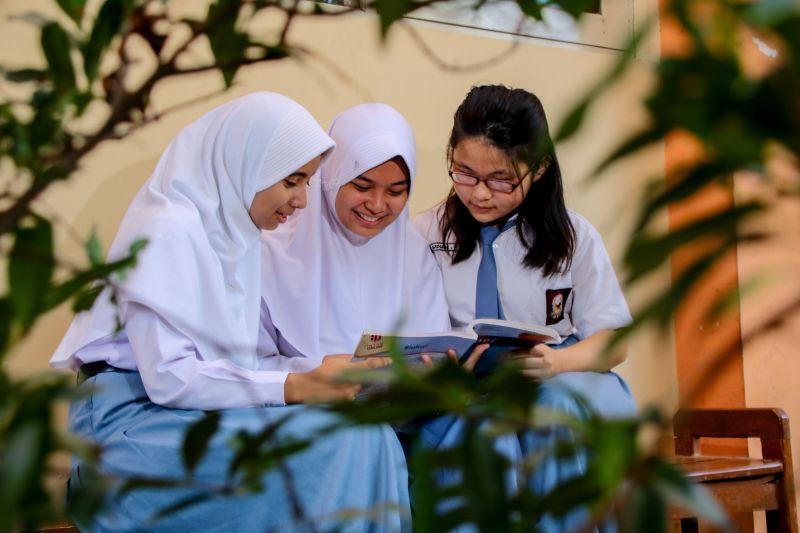
Unesa.ac.id, SURABAYA-Brawls between students are increasingly prevalent in various regions. The case in Tangerang led to the death of a 16-year-old teenager at the end of March. Previously, the brawl also caused one life to be lost in Serang City. The same incident also occurred in the City of Heroes which added to the long list of cases of student or adolescent brawls in the country.
In addition, there are also many other cases involving young school-age children. Many of them are involved in drug abuse. Not to mention, the number of online game addiction or gaming disorder among teenagers and even children continues to increase.
These cases, according to the Professor of PG-PAUD UNESA Prof. Dr. Hj. Rachma Hasibuan, M.Kes., must be a concern with all stakeholders, especially on National Education Day, May 2, 2022. So far, he continued, all elements have done many things to solve cases involving teenagers and even children. It seems that efforts as long as they are still dominant are 'overcoming' rather than 'anticipating'.
According to him, cases involving teenagers are indeed influenced by many factors, one of which is the strong influence of the environment or friends. In many cases, environmental influences grip the youth with a lack of family education or parental roles. Or it could be that slack parental control and supervision makes teenagers easily deceived by association.
The task of overcoming these adolescent problems is not necessarily focused on educational institutions. However, parents or family education also has an important role. Family education is the first and foremost education for children and adolescents.
“School is an extension of parents' hands, as cognitive, affective and psychomotor strengthening. But the main responsibility still goes back to the parents. Parents must be teachers for their children, they can be friends to talk to and have fun chatting with their children at home,” he said.
In the context of the nation and state, the role of parents is not only so that their children do not fall into actions that violate norms and laws. However, further as an effort to instill Pancasila values in children from an early age. In other words, the profile of Pancasila students besides being implanted in schools, also needs to be a content in family education.

www.unesa.ac.id
"When the role of parents at home is strong, the role of schools is also good, both control works, plus community control, this will become a chain that oversees and controls the interactions of children both at home, at school and in the community," he explained.
Prof. Rachma said, family education and even school orientation are not only about certain material achievements, but also shift as much as possible towards inculcating Pancasila character values. If the direction is to improve children's character, of course learning at home and at school is not only filled with memorization, but also based on example and habituation of attitudes from the simplest things. Such as teaching children to throw garbage in the place provided, kissing the hands of parents and teachers when going and coming home from school, for example.
"The character of Pancasila also goes to our efforts to instill a sense of love for the Indonesian language and culture. We must teach children to be proud of the Indonesian language. Proud of Indonesian culture," he explained. "So that in the future, they will become cultural ambassadors, ambassadors and ambassadors of Pancasila wherever they work, have a career or hold office. If we have instilled Pancasila from an early age, with noble characters such as educational goals, our children will not run to forbidden things," he concluded. [UNESA PR]
Author : Riska Umami
Editor: @zam*
Photo : Photo by Ed Us on Unsplash
Share It On:






